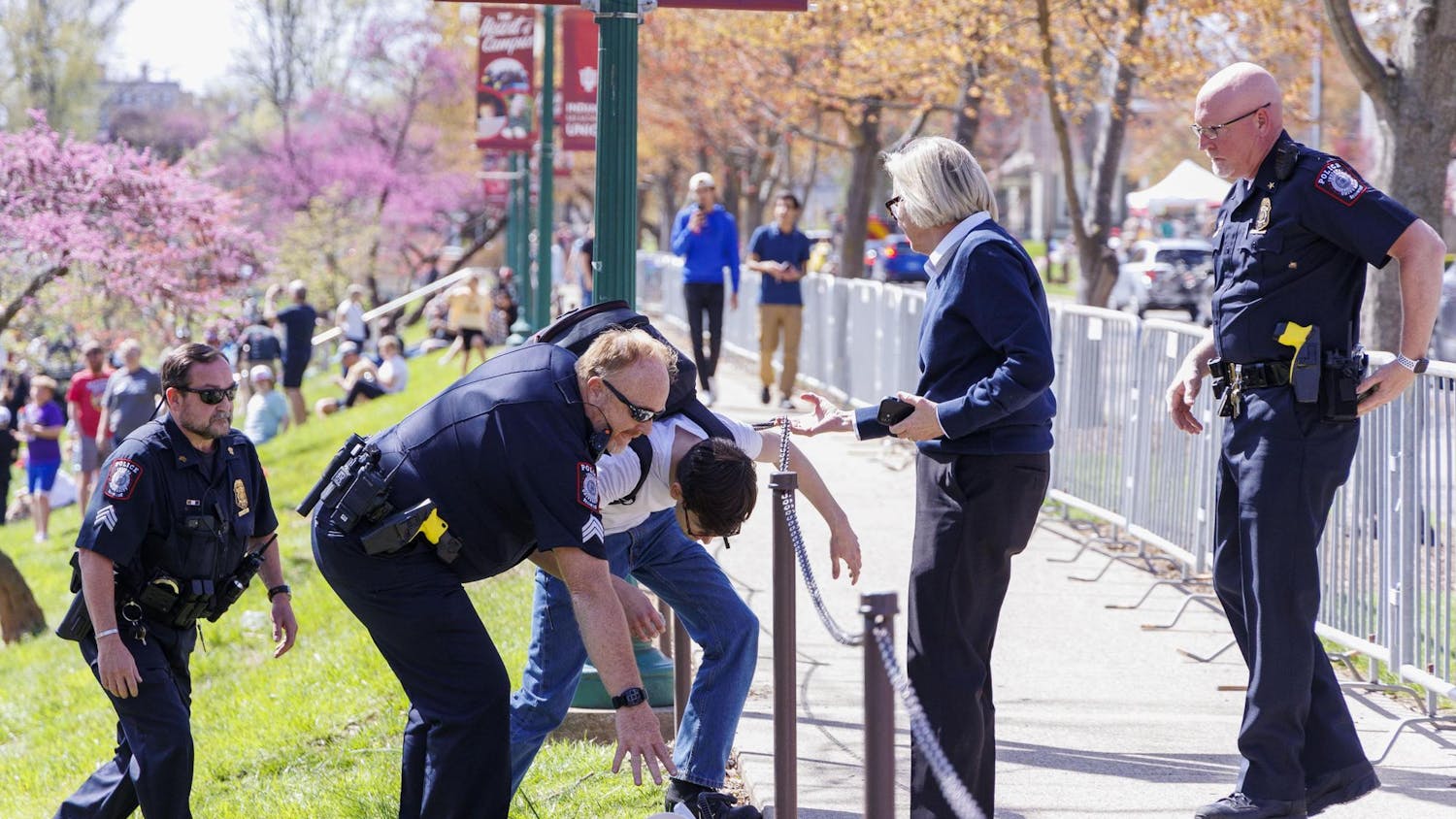A few days ago I was tasked with reading a short essay for a course focusing on the editing and publishing of literary magazines.
The piece, “On Faggot: An Etymology,” was from our very own Indiana Review.
Overall, the piece looks at the word “faggot” while interjecting personal narratives about gay culture and the homosexual experience.
It’s a funny, coy, interesting piece.
But no one in class wanted to talk about it. And then the rationale hit me — it’s because no one was comfortable saying “faggot” over and over again while discussing the work.
I raised my hand and said “faggot” a few times to work the crowd over, warm them up. I wanted to give them free reign. “Oh,” they were supposed to think, “the gay kid just said ‘faggot,’ now we can, too!”
But that wasn’t the case. It was still a touchy issue.
The incident was particularly timely coming off columnist Lexia Banks’s insightful piece on the use of the word “nigger.”
Banks asks that the “reclamation” of “nigger” that has happened in black culture be stopped because it’s still a racist term.
“Nigger” might be overused right now in pop culture, but it doesn’t mean the word should go away — it’s the same case for all slurs.
Although slur words can be dangerous, we’ve gotten into a zone where we’re utterly afraid of them. We’re afraid to even say the word in class when it’s in a piece of reading assigned for the class.
If we become afraid to say the word, the slur wins. Ignoring and failing to say the word discredits history and struggle.
The natural route, then, would be to look at reclamation — a process that’s often debated, contested and generally sticky.
There exists a sound argument in reclaiming “faggot.”
In the same realm, people boast about the journey of the word “queer,” how it is the best example we have of reclamation working.
Around the early 1900s, “queer” was being used in the same vein as “pansies,” a hard-edged derogatory attack. Yet, in the ’80s, the reclamation of the word began and it is now recognized and immortalized in the LGBTQ acronym.
The journey to reclaim “faggot” would be a difficult one.
It’s a more difficult process because that word is still heavily in use today. We’re so confident, easy-going and accepting about “queer” because our generation simply wasn’t around for its heyday as hate speech.
However, almost every single one of us has had a brush with “faggot” this week.
There’s also a fundamental difference between “queer” and “faggot” in the simple fact that “faggot” is more simply abrasive to the ear.
When reclaimed and assigned new meaning, “queer” can be a rather nice word to listen to, but “faggot” is still a hard word.
Personally, I think reclamation is worth a shot because there’s a clear and present need to keep saying the word.
And if we have to keep saying the word, we sure as hell aren’t going to see it be used to destroy teen boys’ lives because some bully used it in the most derogatory sense.
— sjostrow@indiana.edu
Follow columnist Sam Ostrowski on Twitter @ostrowski_s_j.
Keep saying "faggot"
Get stories like this in your inbox
Subscribe





